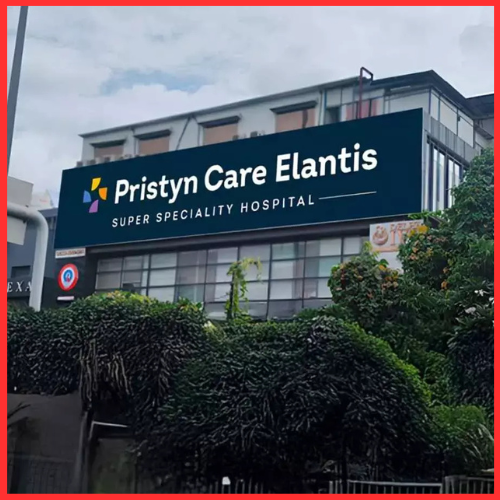A business representative stated that the Serum Institute of India (SII), situated in Pune, intends to increase the yearly production capacity of the quadrivalent human papillomavirus (HPV) vaccinations to around 70 million doses, commencing this year.
The government’s attempts to promote the HPV vaccination against cervical cancer for girls aged 9-14 years is in line with the company’s aim to increase vaccine manufacturing capacity from 2-3 million doses, as indicated by Finance Minister Nirmala Sitharaman in the interim budget.
At the moment, SII can produce two to three million doses of the Cervavac vaccine. Nevertheless, the firm intends to significantly increase this capacity, to reach 60–70 million doses, a representative said Mint. Regarding the increase in output, the corporation withheld all financial and other relevant information.
The business announced that it has partnered with the Union Health Ministry to register the Cervavac vaccine for the pan-India vaccination campaign. The country’s top advisory authority on vaccination, the National Technical Advisory Group on Vaccination (NTAGI), has suggested adding the vaccine to the Universal Immunization Program (UIP).
Although pricing negotiations for government setup are still in the early stages, the vaccine’s inclusion in the UIP might significantly boost its effect and accessibility.
“Discussing the price would be premature. The Cervavac vaccine has received excellent feedback and is being offered in the private market. Through several activities, we will keep raising awareness about HPV and cervical cancer,” it continued.
The business declared in 2022 that it will start producing the first domestic vaccine to prevent cervical cancer. Cervavac is offered in private hospitals for ₹2,000 for two doses and was introduced for commercial usage in January 2023.
Before SII’s vaccine, Merck & Co. produced the majority of the HPV vaccine imported into India. There are two variations of Merck’s Gardasil vaccination: nonavalent 9, the most recent version, and quadrivalent vaccine, sometimes known as quarda-4. The cost per dosage of Gardasil-4 is around ₹3,957, but the cost of Gardasil-9 is approximately ₹11,000.
At first, states like Delhi offered the HPV vaccination to teenage girls for free. The vaccine was accessible at the Delhi State Cancer Institute (DSCI), which is run by the state. However, because of the program’s enormous cost, it was abandoned.
Vaccines against various strains of the human papillomavirus prevent infection. There are HPV vaccinations that offer protection against two, four, or nine different forms of HPV. The HPV types 16 and 18, which carry the highest risk of cervical cancer, are at least protected against by all HPV vaccinations.
The International Agency for Research on Cancer (IARC), the cancer division of the World Health Organization (WHO), issued figures on February 1st, 2022, showing that over 14.13 lakh new cancer cases were recorded in India in 2022, with 127,526 of those instances being cervical cancer.
In addition to Cervavac, MenFive, a meningitis vaccine, is produced by SII. It is the result of a 13-year partnership between SII and PATH, a worldwide nonprofit, with significant financial support from the UK government. MenFive offers protection against meningococcal meningitis caused by the five main causes seen in Africa.
In addition, the business is trying to bring Dengusiil, the first dengue vaccine made in the country, ready for the market. In November 2023, SII stated that it will shortly start Phase I and Phase II trials for its Dengusiil vaccine in India, following a successful Phase I trial of the dengue vaccine in Australia.
The company that makes Covishield, SII, said that it is providing a COVID-19 vaccine variation in the US and Europe that is extremely comparable to the JN.1 variety, known as the XBB1 variant. The business stated, “We are hoping to get this vaccine licensed in India.“















